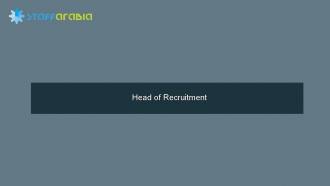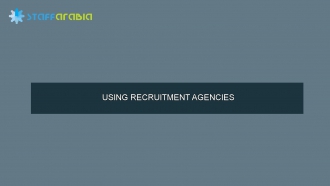You spent ten years with one company. Now you've switched to a new organization and possibly a new career. Your challenge is not only to learn but also to release old patterns that won't serve you well here. Here are seven tips to help you master this transition.
it’s been a long time since you had a "first day on the job." Maybe you're left alone with a stack of manuals to read. Or you're expected to resolve a crisis, while strangers scream at each other, using jargon you don't understand. Both these scenarios are typical for newcomers. Neither signals a need to jump ship.
1- Your number one challenge: Be strictly professional. Do not share any concerns or misgivings about the job. Even if your boss appears to be breaking a written promise, tread carefully. The only acceptable answer to, "How's it going?" is, "Wonderful!"
2- If you are making a dual move job plus relocation you're "onstage" with everyone you meet in your new community. Your next-door neighbor may be your boss's cousin.
3- In today's market, your new employer probably had to go to bat for you before you even arrived on board. You may never learn how you got here. Maybe you displaced a long-time employee or your boss's rival wanted to hire someone else.
4- Spend your first six months collecting data. Interpret with caution, preferably with the help of an outsider who can offer perspective.
5- Maintain old contacts and begin at once to expand your network. Thank everyone who has helped you. Let them know that, while you are ecstatically happy, jobs can be unpredictable.
6- Begin to build your future. Set aside funds for your next adventure. Use your company's resources to build skills, earn a degree and generally make yourself more marketable every day.
7- Find a mentor who can be trusted not only to keep your story confidential, but also to challenge your beliefs and offer an experience-based perspective. Wet blankets and cheerleaders may not be your best choices: you need objectivity.

















